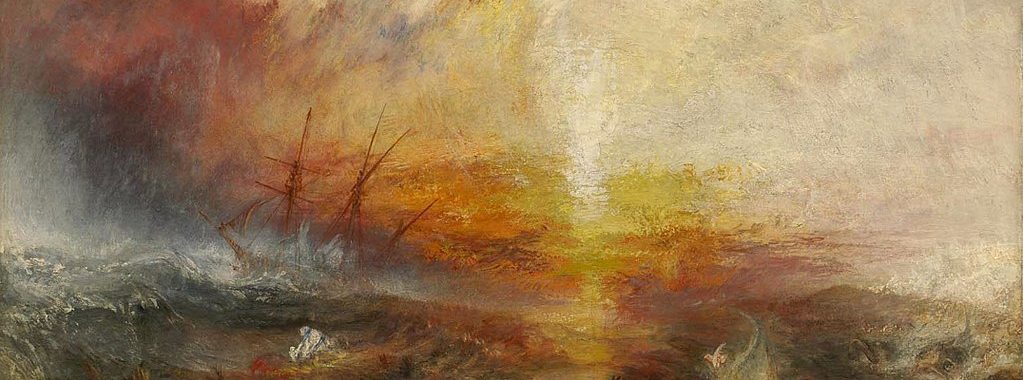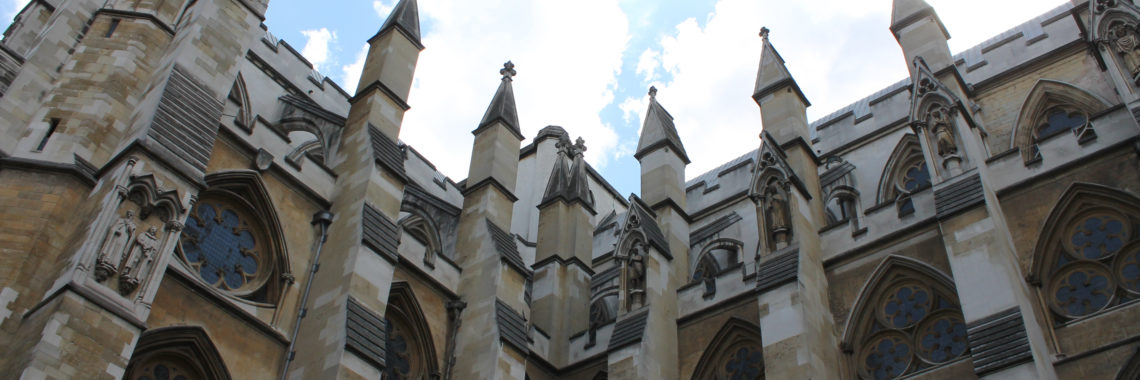“‘Sunday Service,’ the Black Church, and Prophetic Religion in the Public Sphere” by Ari Colston
Kanye West performing at Lollapalooza in 2011 / Rodrigo Ferrari / Flickr CC BY-NC 2.0 This article is part of our “Race, Religion, and Law” series.If you’d like to check out other articles in this series, click here. In a chain of interrelated events, hip-hop artist Kanye West (referred to here as ‘Kanye’ to avoid confusion with…









